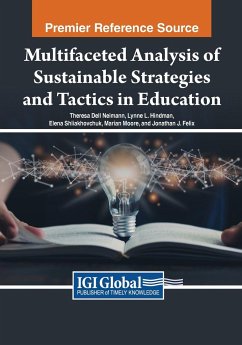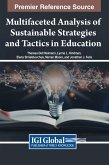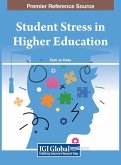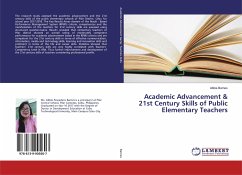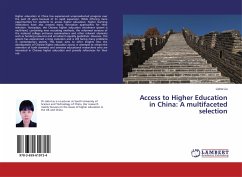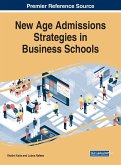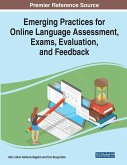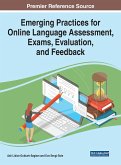A multifaceted approach will be needed to fix the often-unsustainable challenges faced in the 21st-century academic arena. The trends in public and private institutions of education are more cutbacks, downsizing, mergers, sequestrations, lean process implementations, and the increase in hiring part-time workers over full-time workers. At the same time, the COVID-19 pandemic has brought with it an array of schooling challenges around organizational change. Some challenges are structural, some are political, some are human resources related, and yet others are symbolic. To fix these problems, there is a need to address a core issue: increasing student engagement. This requires a wholesale rethinking of what schooling can be. Multifaceted Analysis of Sustainable Strategies and Tactics in Education brings increased awareness to students seeking education and faculty navigating the politics regarding the challenges they face, awareness of the disempowered voices found in the halls of these institutions, and light to the challenges facing administration in education. Covering topics such as parental involvement, work-based learning, and academic success, this premier reference source is an essential resource for educators and administrators of both K-12 and higher education, pre-service teachers, teacher educators, government officials, librarians, researchers, and academicians.

